This ’80s Hollywood Icon Was Mocked For Her Weight & Left The Spotlight – Her Husband Stayed By Her Side For 35 Years
She was treated cruelly and “tortured” by the media for her noticeable weight gain, leading to dark days and harrowing personal battles. Take a look at this ’80s TV icon’s rise to fame, the struggles that followed, and the enduring love that brought her hope.
In the late 1980s, this actress became a household name, charming viewers with her sharp humor and larger-than-life personality on one of television’s most popular sitcoms. But as her fame grew, so did behind-the-scenes tensions and public ridicule over her weight.
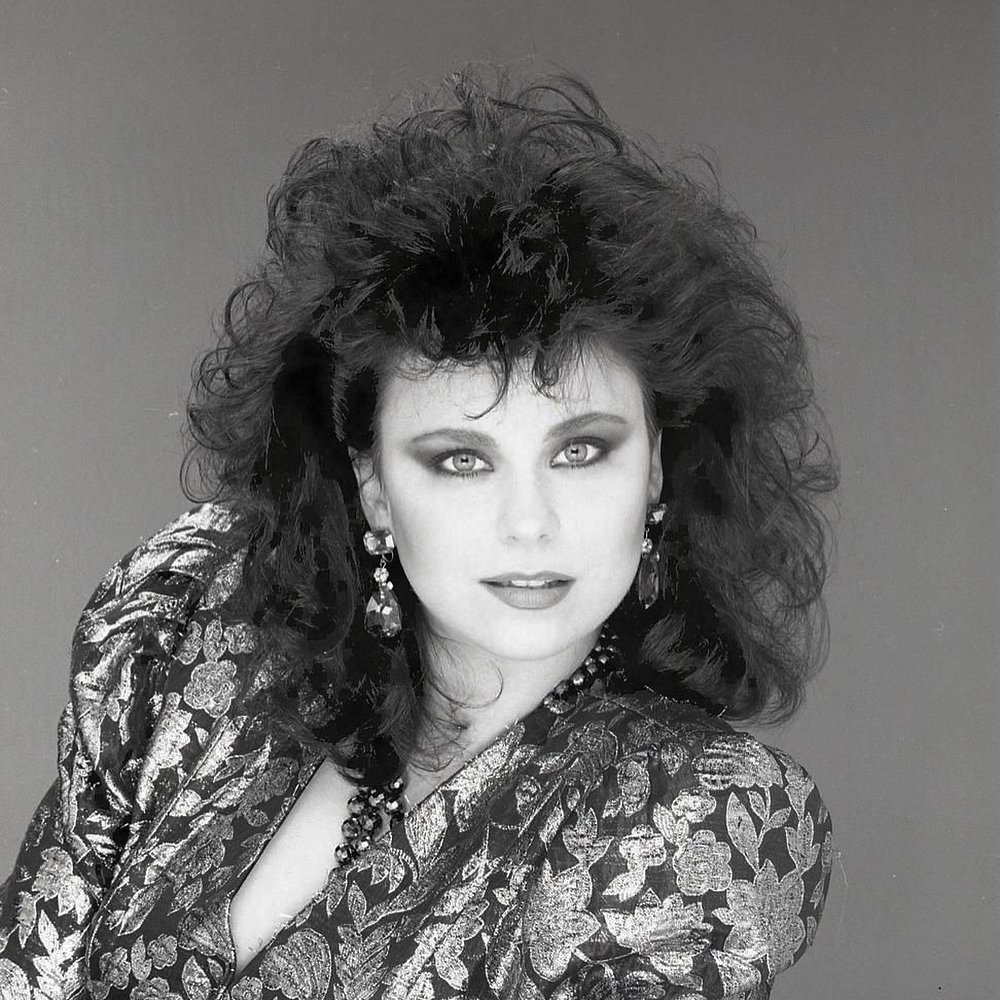
However, through it all, one constant remained: her husband’s steadfast love. While the world fixated on her struggles, he offered her strength and support, helping her rebuild her life away from the limelight.
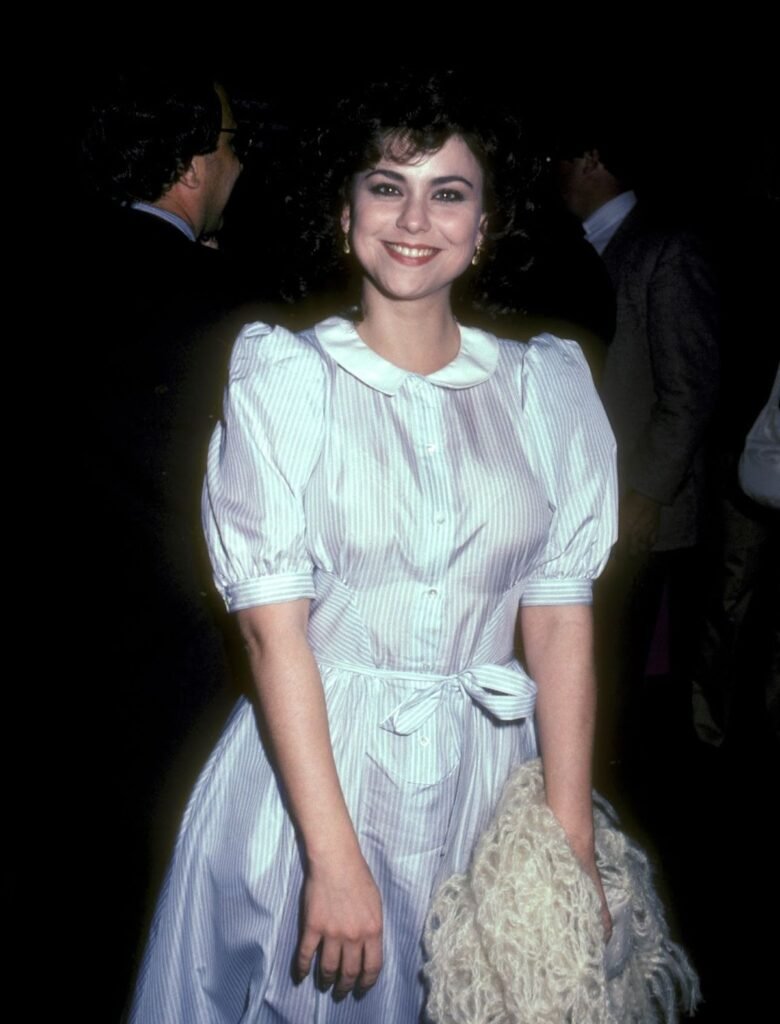
A Promising Career Overshadowed by Public Scrutiny
In 1986, this actress landed the role of Suzanne Sugarbaker on the hit sitcom “Designing Women,” where her striking charisma and sharp comedic timing brought her fame and admiration.
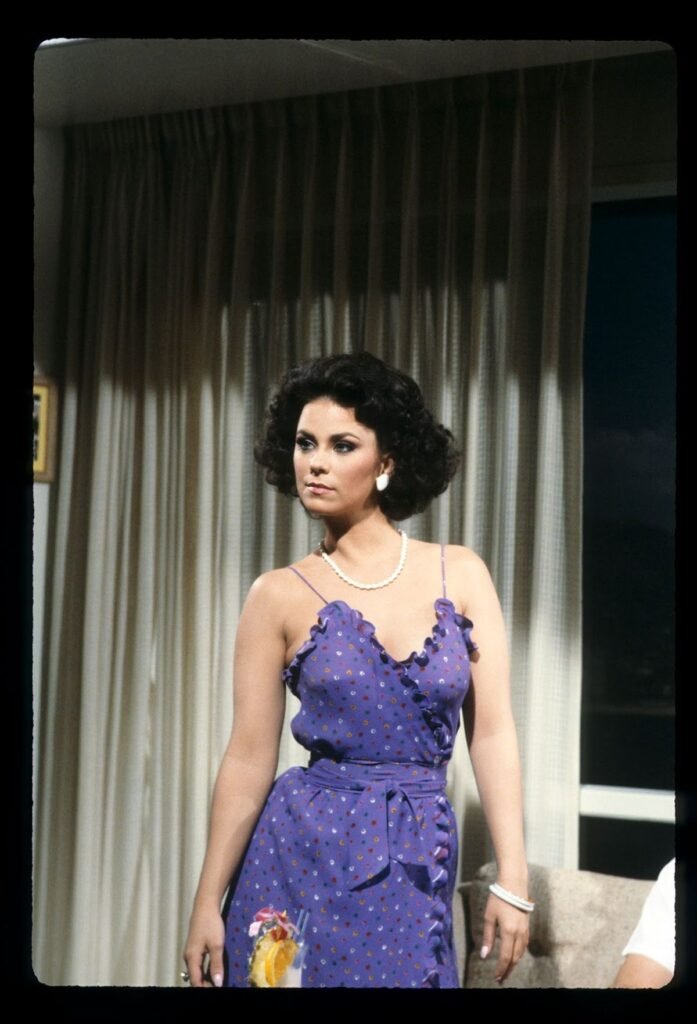
With her quick wit and undeniable charm, she won over audiences and seemed destined for a long, successful career. Yet, as the spotlight brightened, the pressures of Hollywood began to take a devastating toll on her mental health and self-esteem.

Behind the scenes, the actress was struggling with depression, a battle she had faced since her teenage years. By the end of the show’s second season, the condition worsened, leading to periods where she would isolate herself completely.
“Basically, I would shut down and hole up,” she later revealed. “I wouldn’t want to leave the apartment until I came out of this dark place. It was very debilitating.”
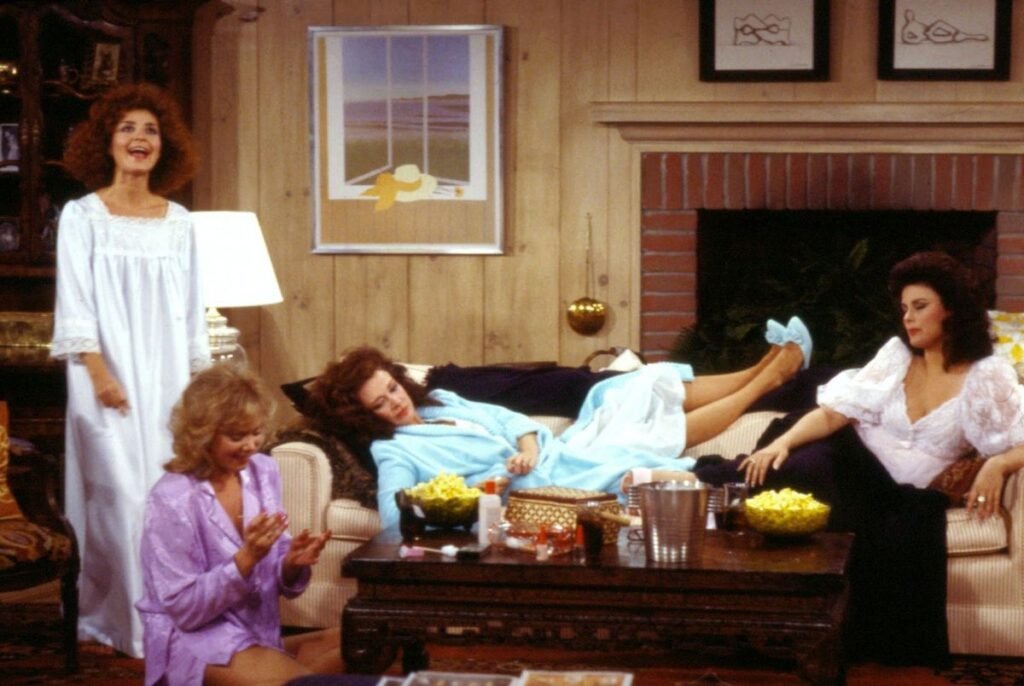
Her struggles became more apparent during the show’s fourth season, as crippling panic attacks began to affect her work. These episodes were terrifying, often causing her entire body to shiver.
Her co-star and close friend Dixie Carter would lay beside her and reassure her during these moments, offering much-needed comfort.
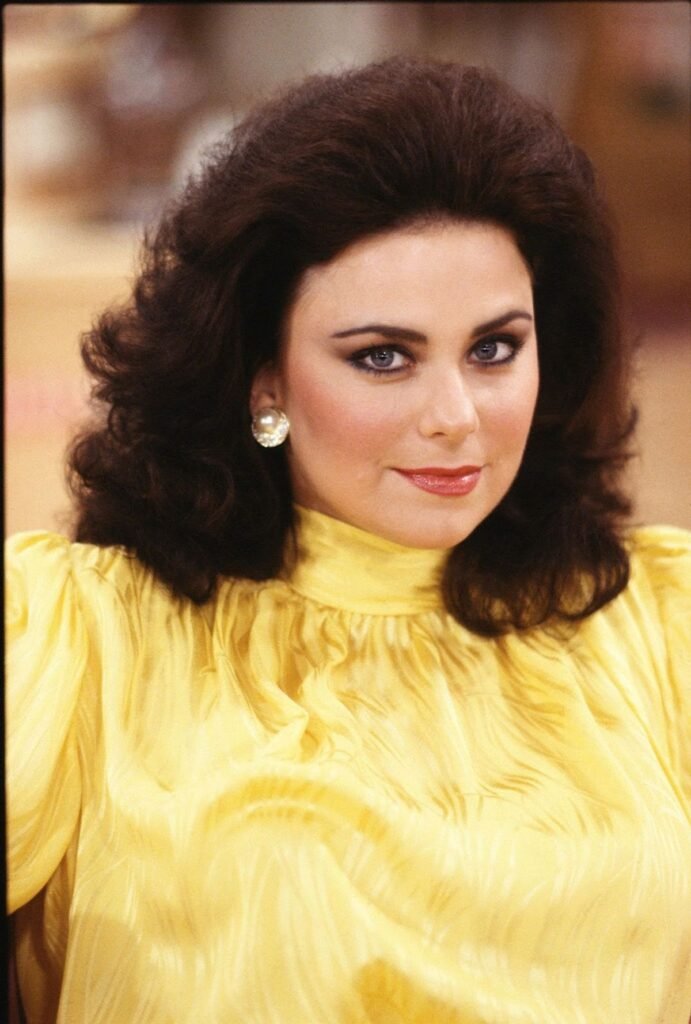
Despite these personal battles, the actress pushed forward in her role, but her weight gain soon became a target of relentless media scrutiny. As her figure changed, tabloids mocked her appearance with cruel nicknames like “Delta Bulk.”
The harsh coverage was emotionally devastating. “The tabloid machine tortured [her],” co-star Annie Potts later said. Reflecting on the public’s obsession with her body, the actress, a former Miss Florida, questioned why she was subjected to such ridicule.

“I didn’t do anything to deserve this. Why are they so cruel?” she asked. She compared her struggles to those faced by icons like Elizabeth Taylor, noting that many women in Hollywood were harshly judged for gaining weight.
The star’s depression and public humiliation drove her to food for solace. “When I would be depressed in L.A., it would be, ‘Let’s just have one Stouffer’s macaroni and cheese after another,'” she admitted.
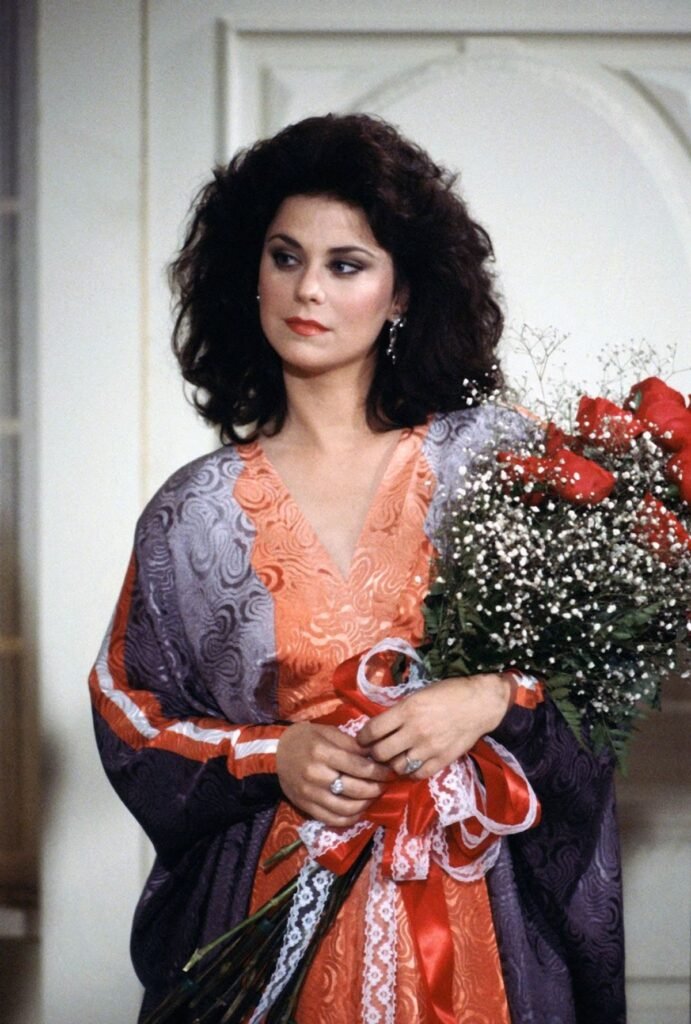
The weight gain, however, wasn’t just about physical hunger. It symbolized deeper emotional struggles that she couldn’t resolve. Over time, the actress’s weight eventually climbed to 215 pounds, sparking tension with the show’s producers.
At one point the actress asked to be released from her contract, physically and mentally exhausted. “I wanted to leave, and I wasn’t allowed to leave,” she stated. Showrunners pushed to have her come back to the series.
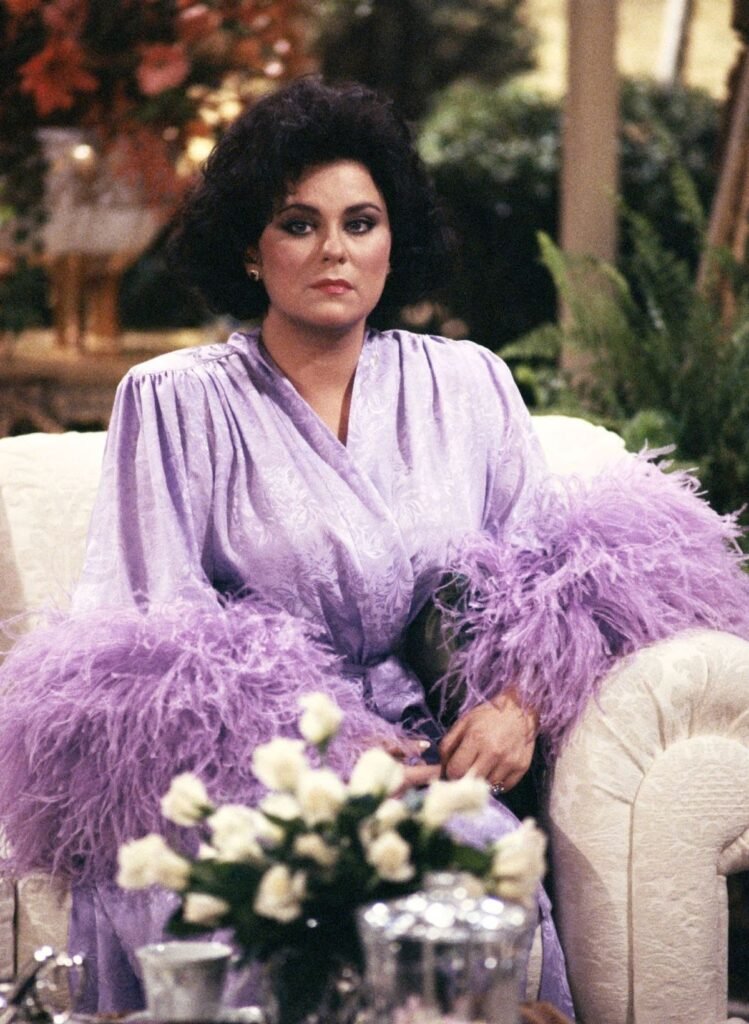
Instead, a concerned friend admitted her to a hospital. “The nurse said I looked like a wounded animal. I didn’t really want to exist. I remember they weighed me and I was 170 pounds, and I wanted to die,” she revealed.
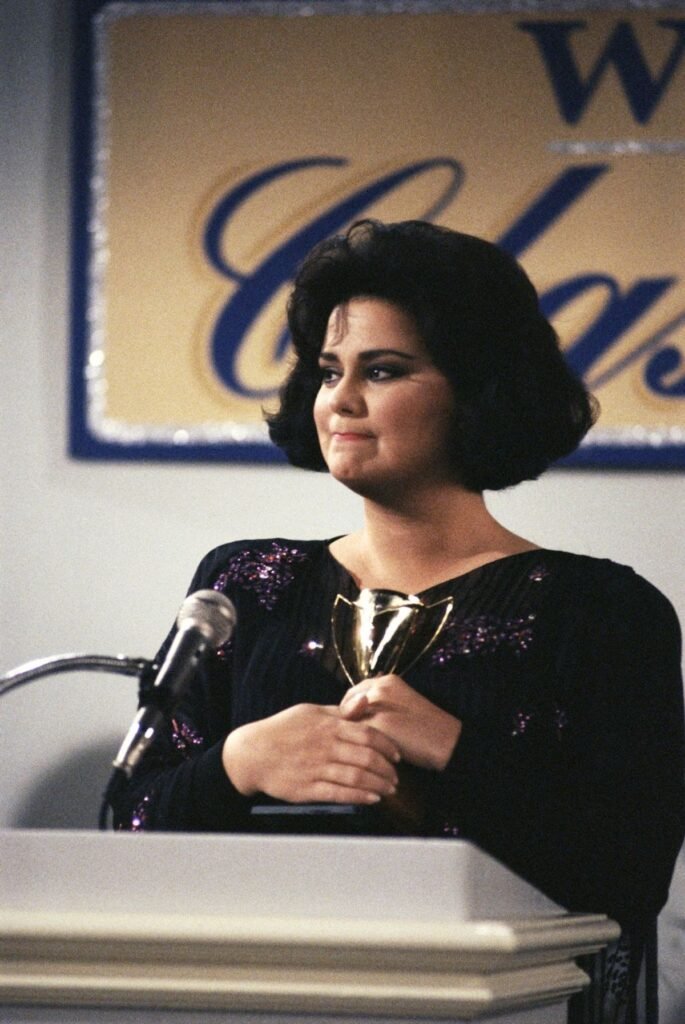
Amid these challenges, things were looking up for a moment. Not wanting to add fuel to the fire, according to reports, the actress “backed off” once reports about her weight emerged.
Instead, she turned to the show’s creator, Linda Bloodworth-Thomason, with a bold idea — to address her weight gain in an episode of “Designing Women.”
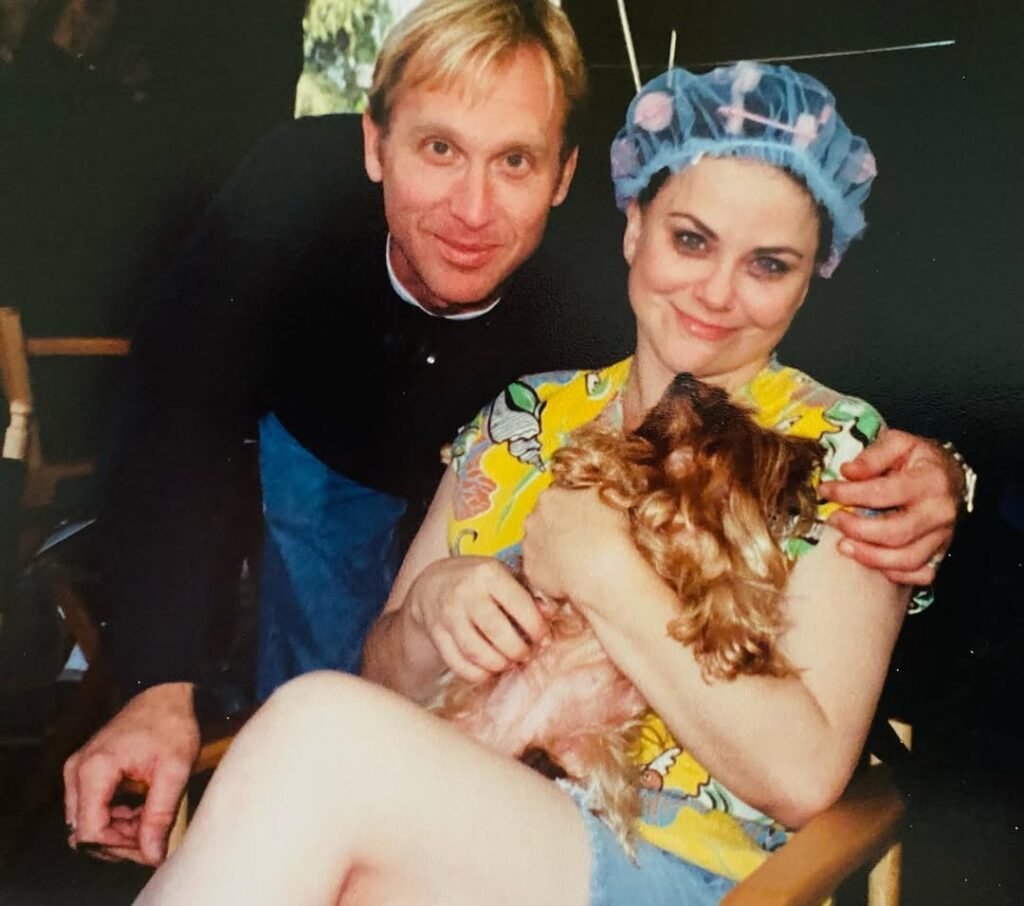
“I didn’t want to help them hurt me. I was also getting frustrated playing Suzanne. I wanted to show another side of her. I went to Linda and talked to her about doing a show on the weight,” the actress revealed.
The result was the groundbreaking storyline “They Shoot Fat Women, Don’t They,” where her character grapples with body image issues.
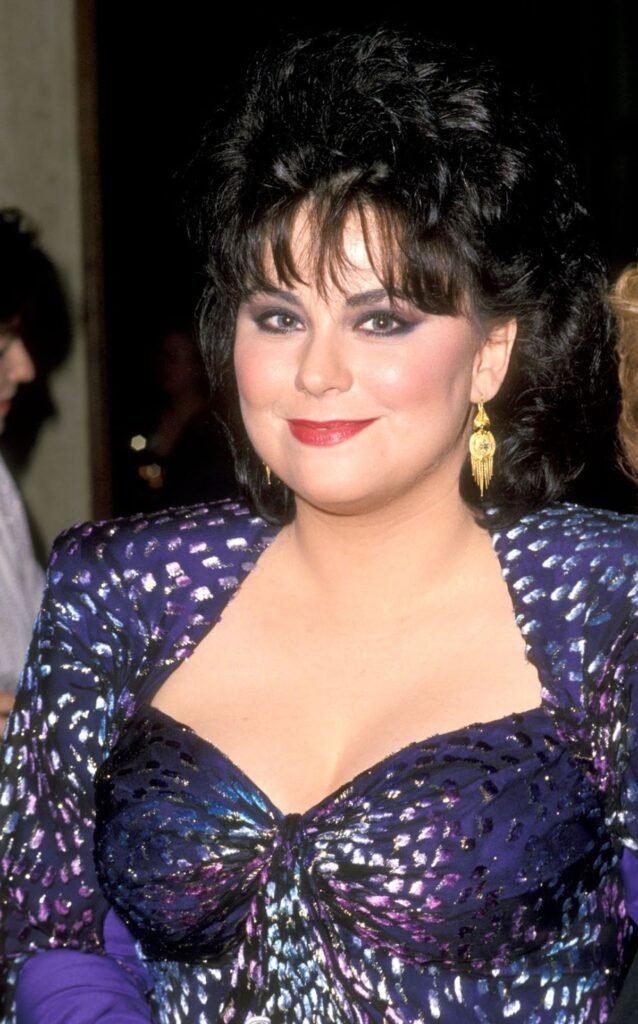
The episode was a critical success, earning the actress a standing ovation from the studio audience and her first Emmy nomination. It was later revealed that Bloodworth-Thomason’s husband cried while reading the script.
Despite this success, the tensions behind the scenes continued to mount, and in 1991, the actress was let go from the show. The impact of her dismissal was profound.

Feeling rejected by Hollywood and abandoned by an industry she had poured her heart into, she retreated from the limelight. She and her husband sold their home in Pasadena in 1995 and moved to New Orleans for a fresh start.
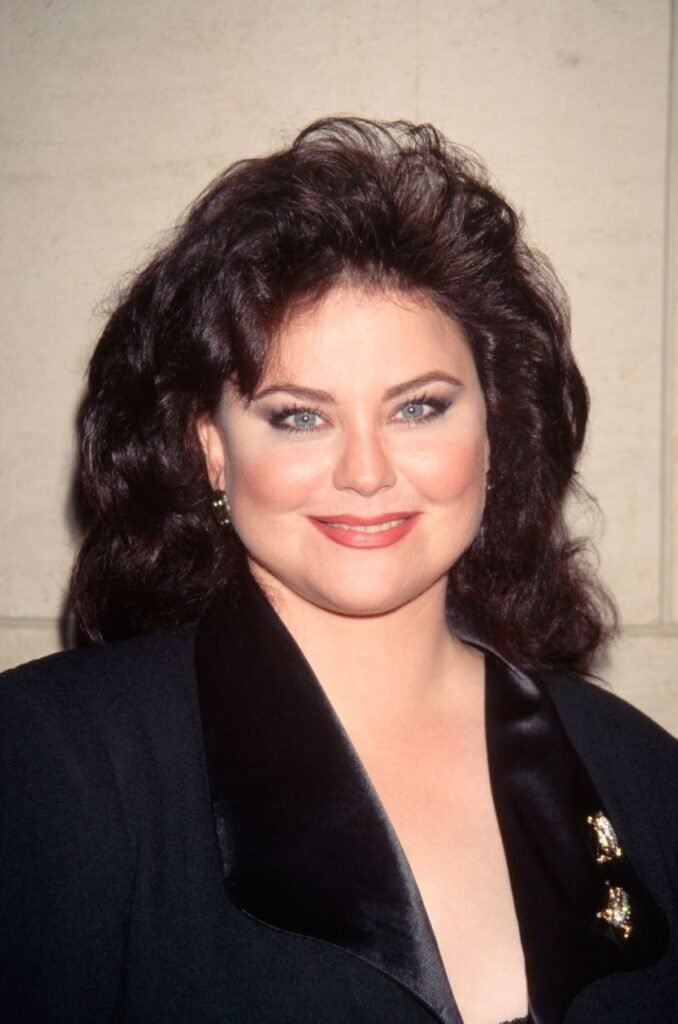
The move was a turning point in her life, allowing her to step away from the pressures of Hollywood. There, she embraced her identity and created a clothing line for plus-size women, later writing her memoir, “Delta Style: Eve Wasn’t a Size 6 and Neither Am I.”
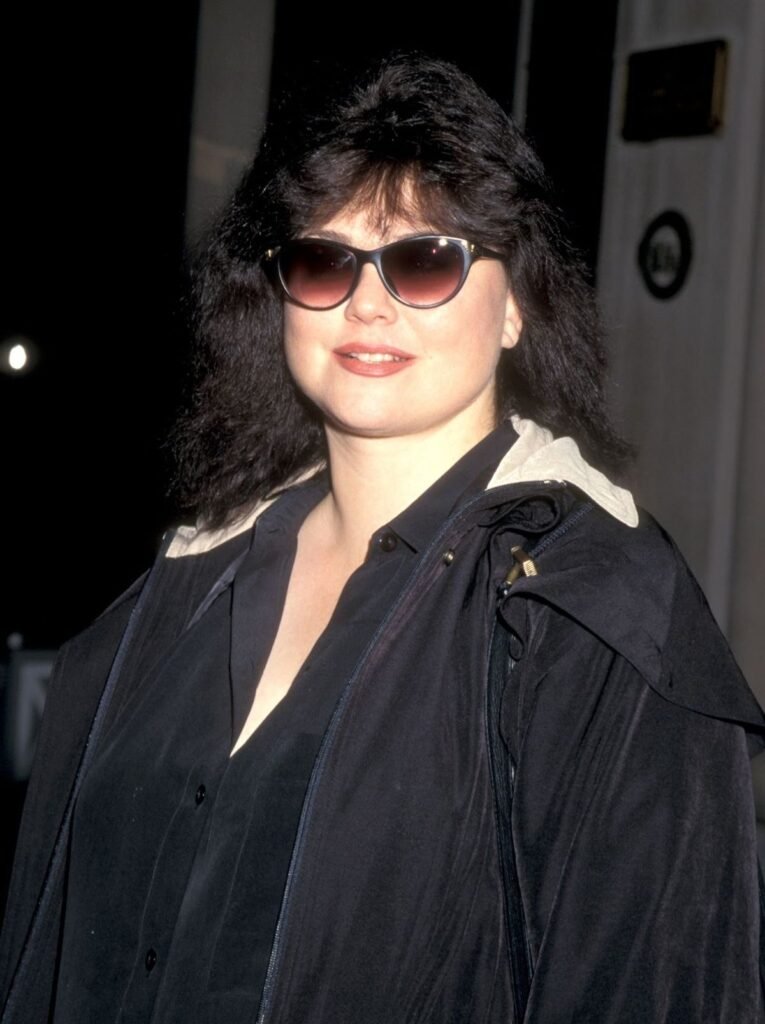
But challenges persisted. In 1997, she experienced a particularly dark year. She mourned the loss of her grandmother and a beloved pet while supporting her mother, who was battling breast cancer.
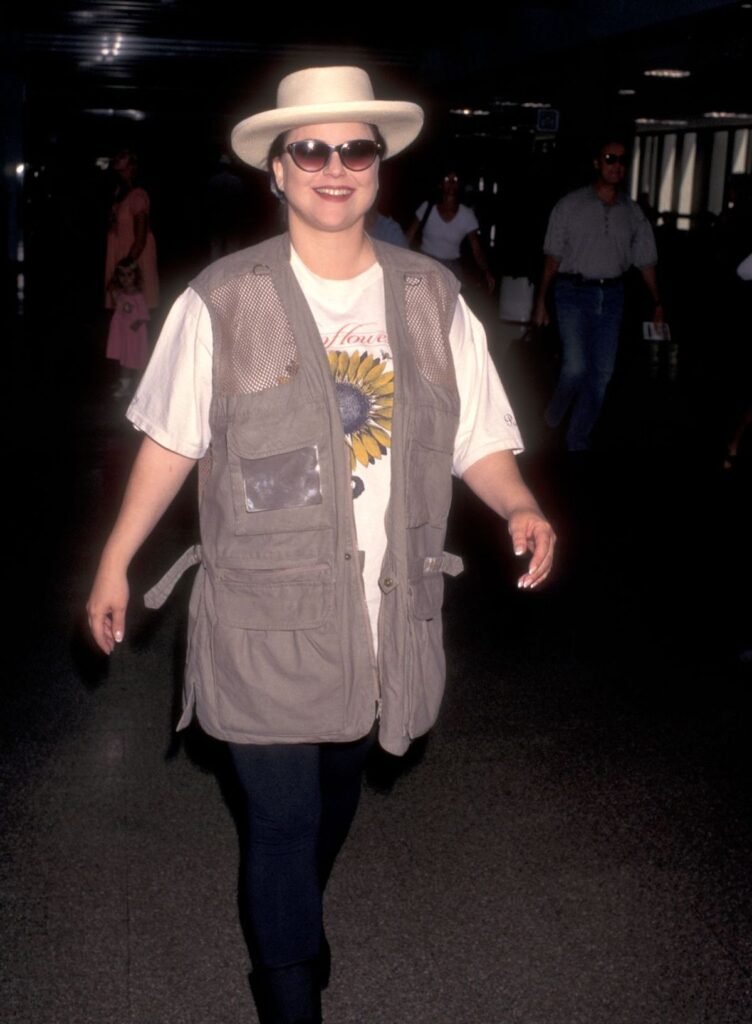
That same year, she was diagnosed with Type 2 diabetes. “I knew I had to lose some more weight,” she said. Gradually, she adopted a healthier lifestyle, stabilizing her weight at 150 pounds — the same weight she had been when she met her husband.
Years later, the former Hollywood star opened up about how she once turned to crystal meth as a weight loss method. She started off taking prescribed pills while attending drama school in London.
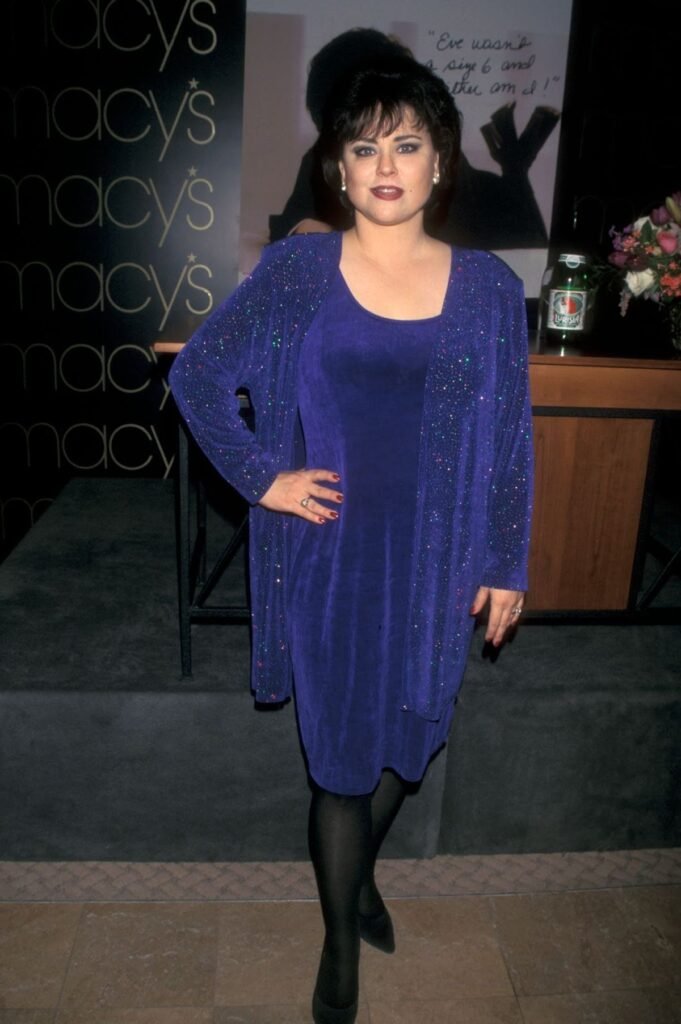
However, once she returned to the U.S. and learned that the pills were illegal, the actress found someone on a set to get them for her. Eventually, she built a tolerance to the pills and was offered crystal meth instead to manage her weight.
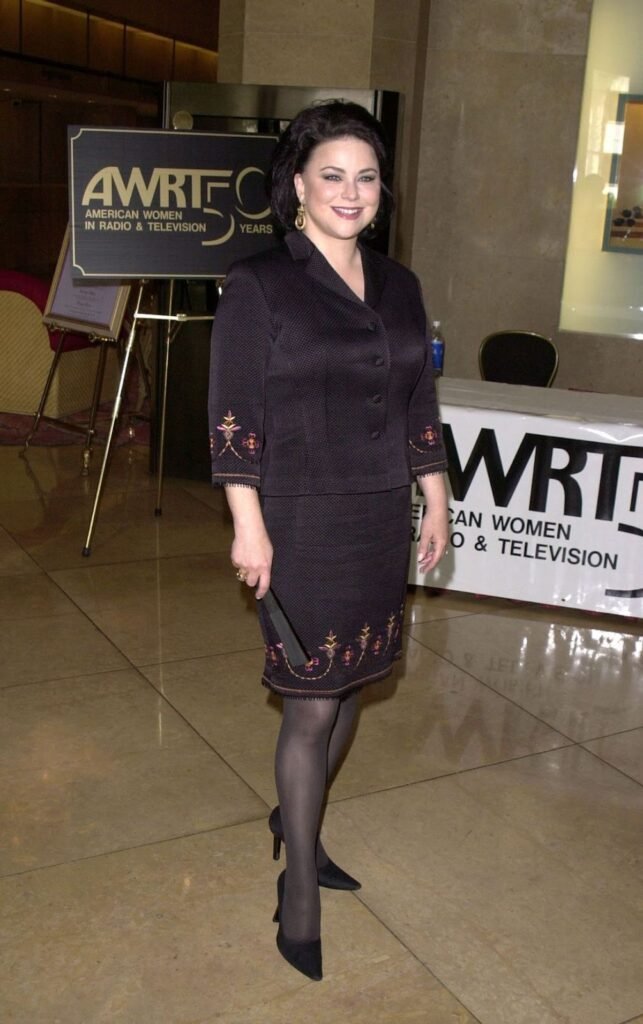
“Nobody knew about crystal meth at the time,” she said during a podcast appearance in 2024. She would ingest the substance before work and wouldn’t eat for days. Fortunately, the actress saw brighter days after meeting her husband.
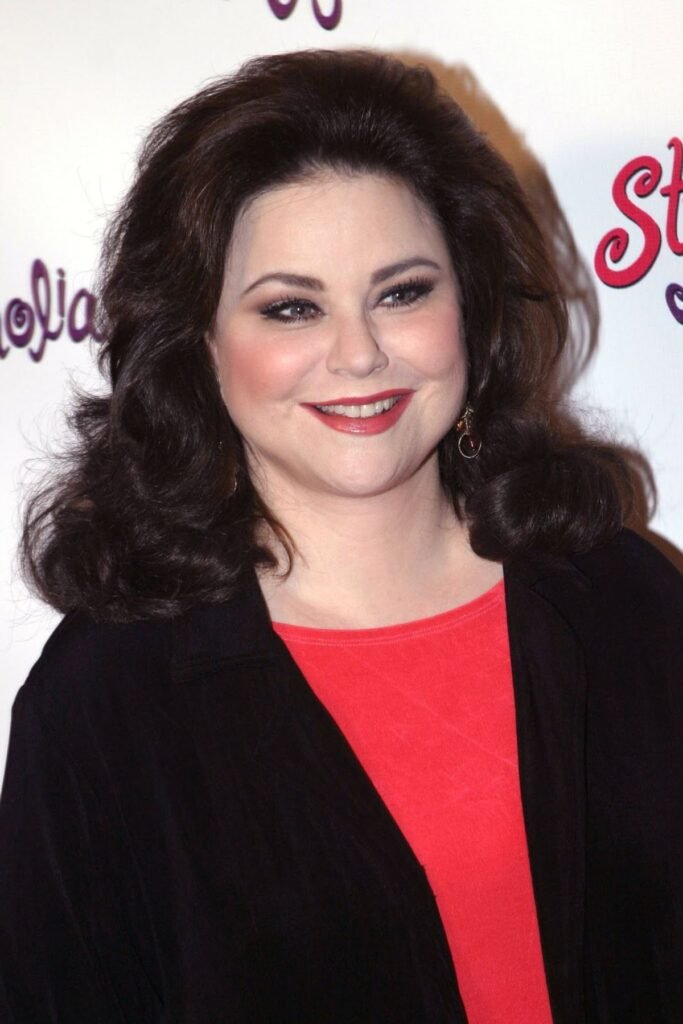
A Love That Endured Through All Seasons
Burke’s life took a fateful turn in 1987 when she met Gerald McRaney, an accomplished actor cast as her character Suzanne’s ex-husband, Dash Goff, on “Designing Women.”

Their on-screen chemistry soon translated into a real-life romance, with McRaney making his intentions clear early on. “He asked me to marry him on the second date, so we were pretty committed!” Burke recalled with a laugh.
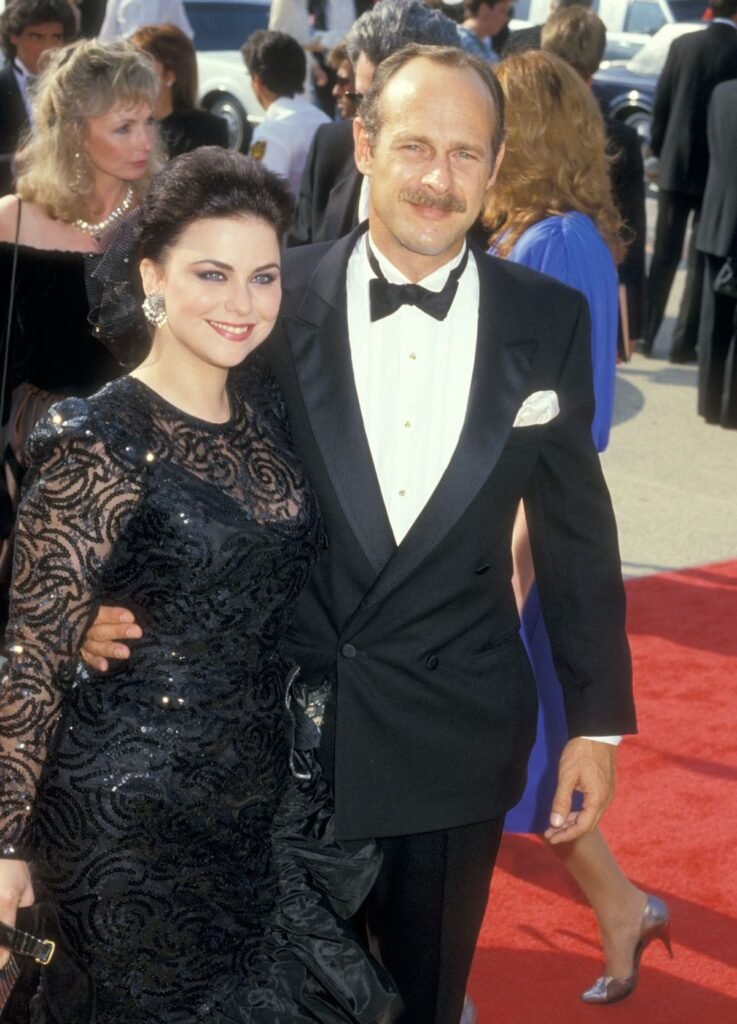
McRaney later admitted, “I wasn’t going to let her get away. I already had competition. There were people asking her out on dates, and I was going to move in right away.”

The couple married in 1989 in a lavish ceremony attended by Burke’s co-stars and 500 other guests, with the bride weighing 170 pounds on her wedding day. From the beginning, McRaney proved to be a pillar of strength and unconditional love in Burke’s life.
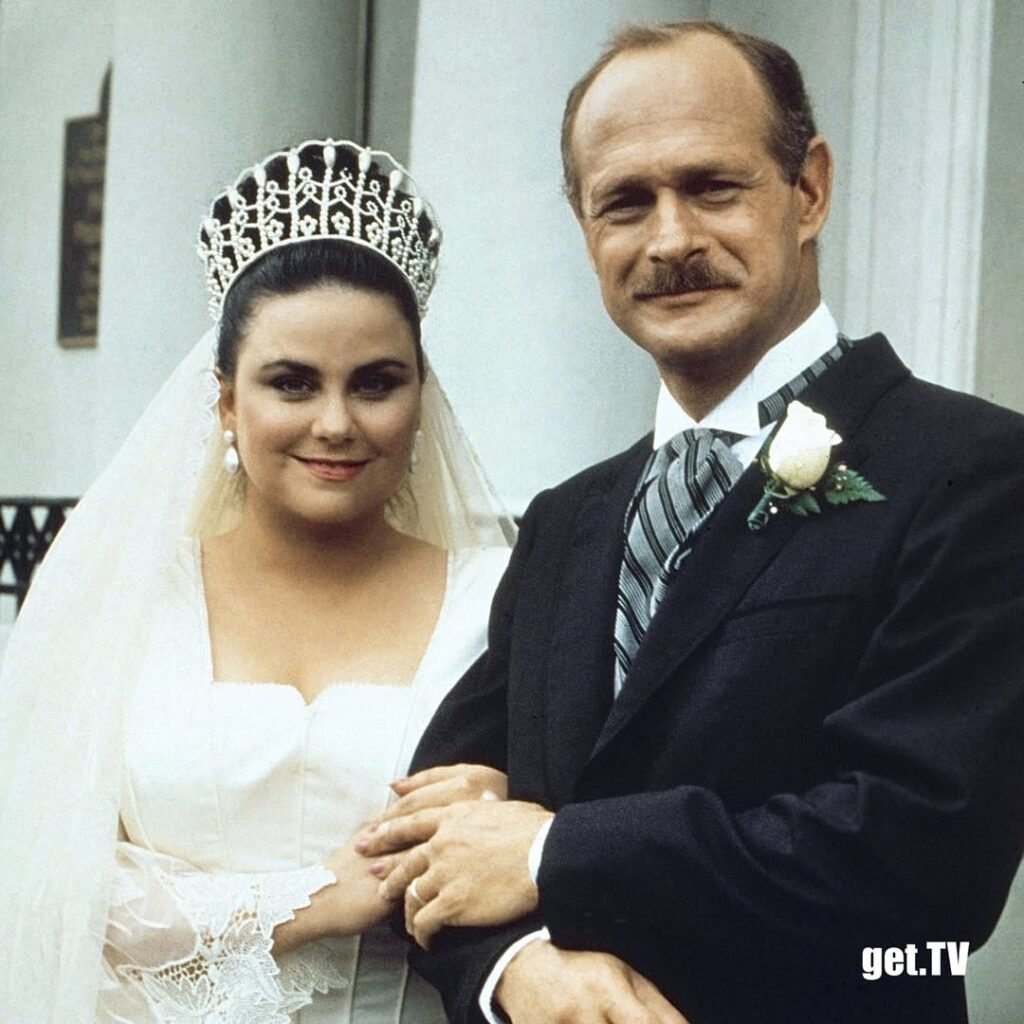
When she faced unrelenting scrutiny over her weight, he remained unwavering in his support. “The weight never mattered to him,” Burke said. “He told me that honest to God he didn’t care, which of course I didn’t believe.”
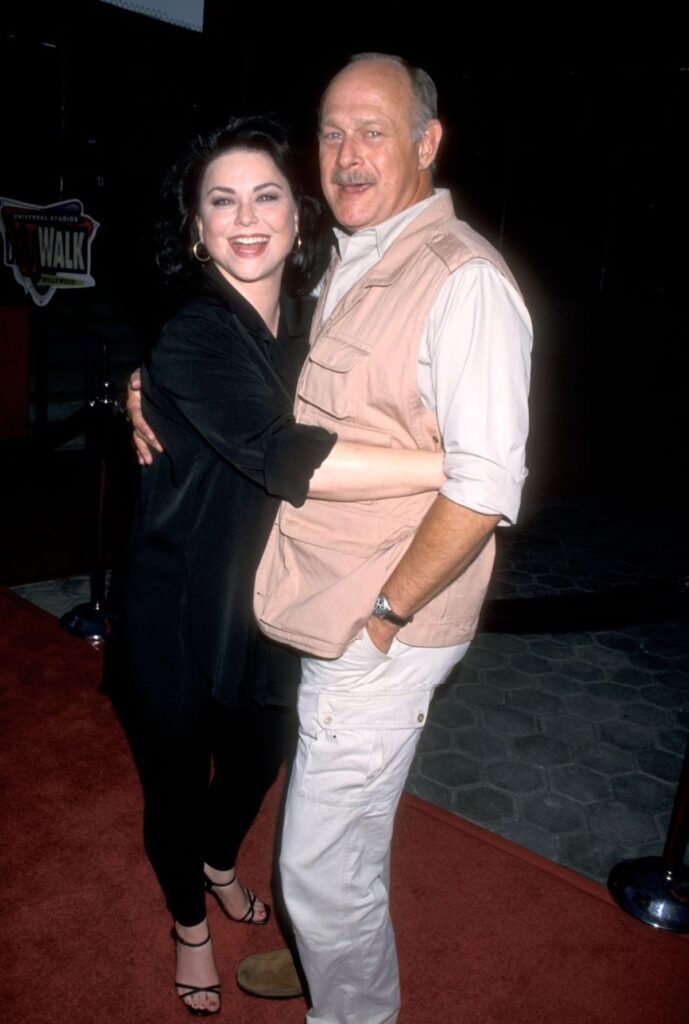
McRaney offered his own perspective on their relationship. “[…] If what you want is a trophy wife, then be happy with how empty and vacuous that’ll turn out to be,” he said. “But if what you want is a wife, then you love that person. Period.”
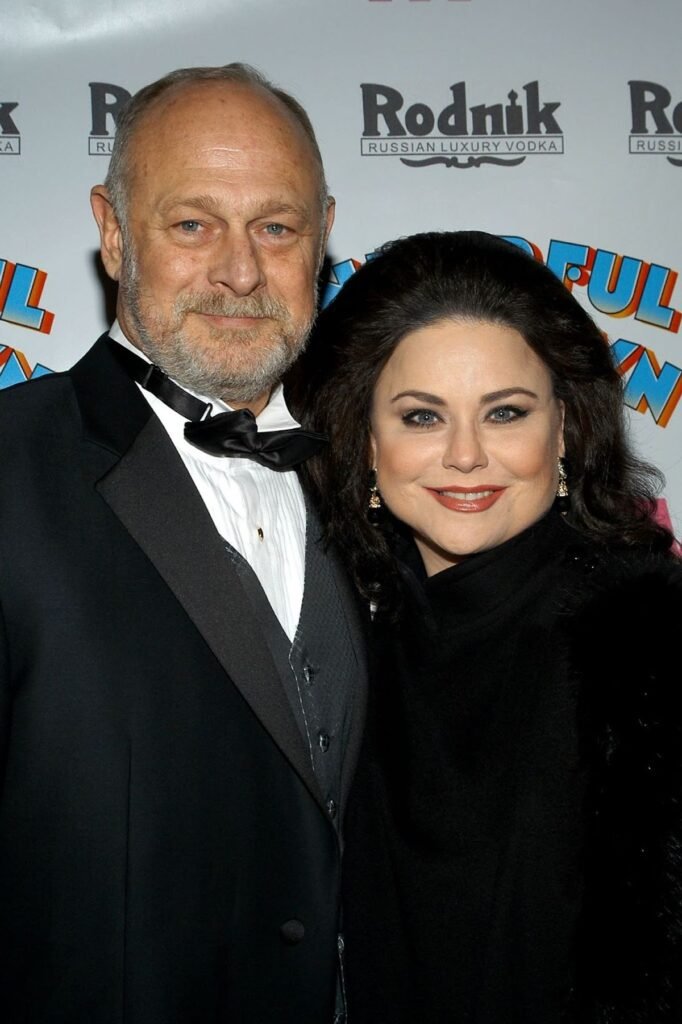
McRaney’s devotion became especially evident during one of Burke’s darkest moments. After her dismissal from “Designing Women” and the media’s relentless attacks, her depression reached a breaking point. One night, she found herself alone in her car, swallowing pills and contemplating suicide.
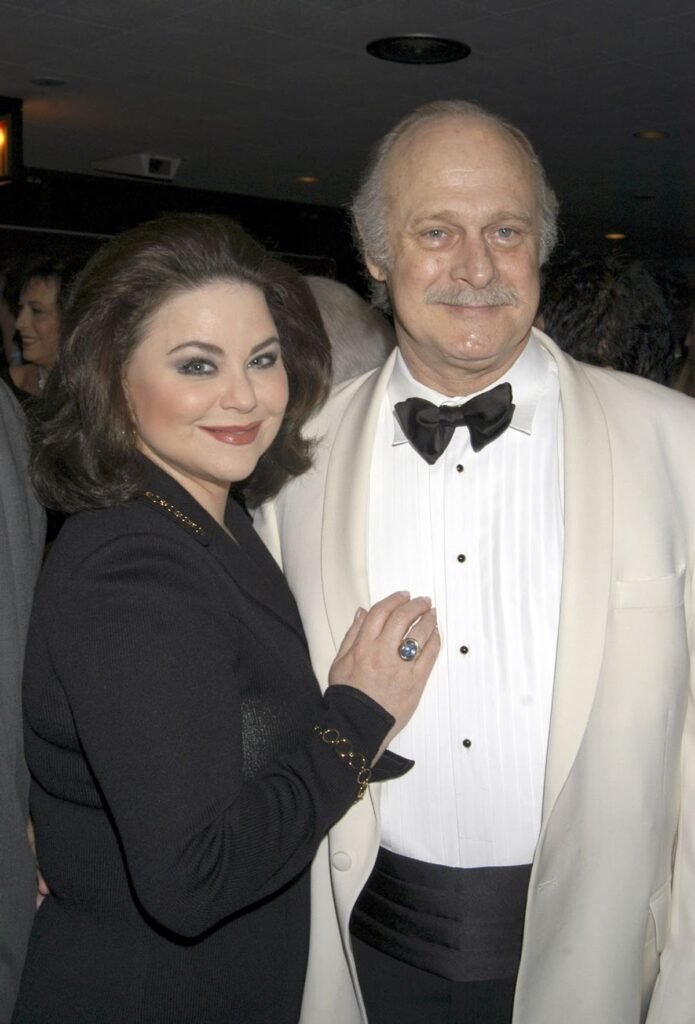
In a desperate call, she reached out to McRaney. “I didn’t know where I was, but he found me,” she said. As Burke rebuilt her life, her husband stood by her side, offering love and encouragement through every challenge.
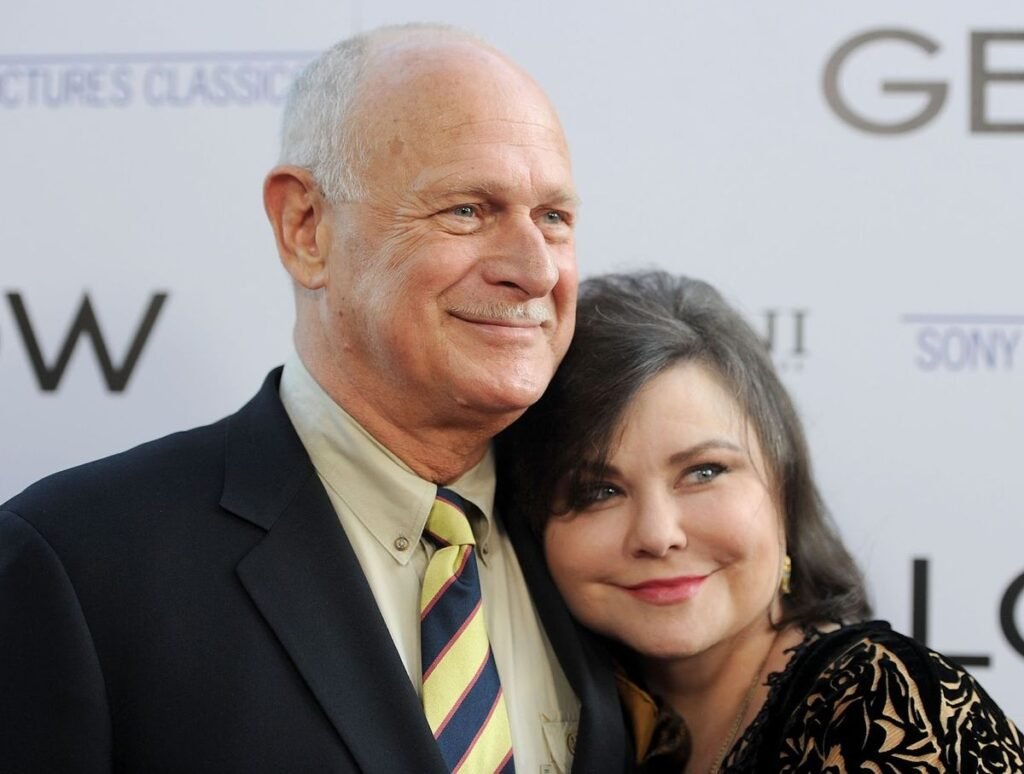
When she was diagnosed with diabetes, he supported her efforts to adopt a healthier lifestyle. The actress often marveled at her husband’s unwavering affection.
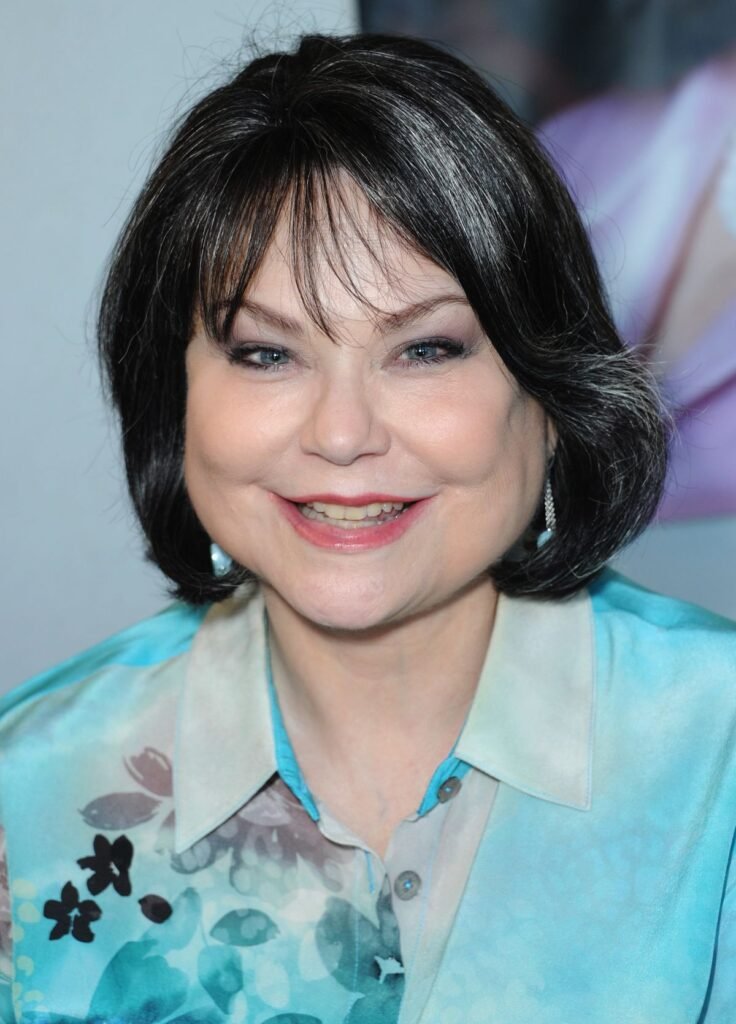
“Mac loves me no matter what,” she said. “He loved me when I got as big as a house. […] He still thinks my body looks great, and I can certifiably tell you it does not!”
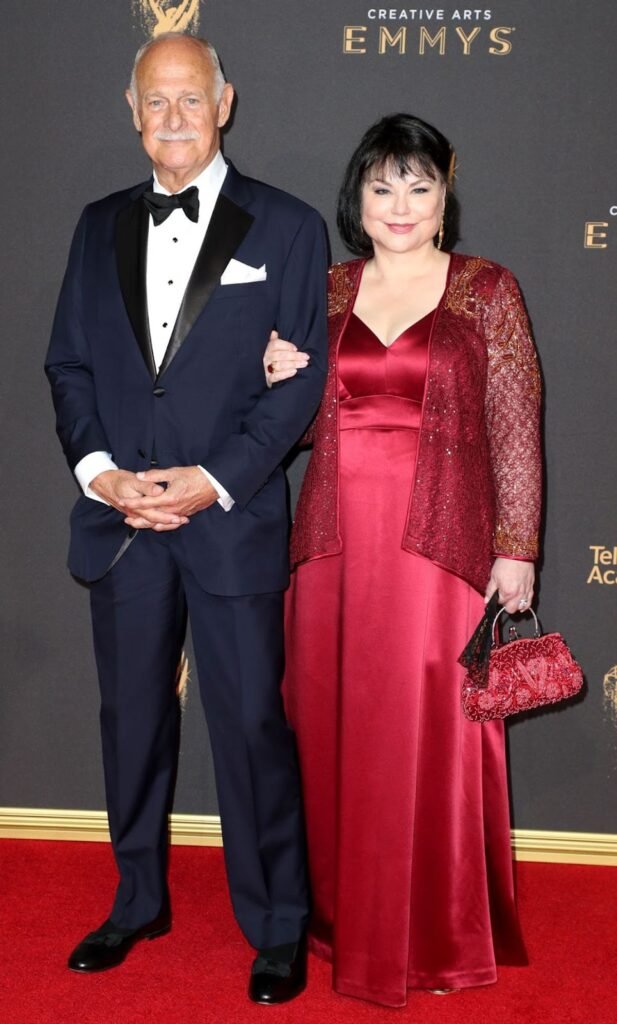
The couple’s bond deepened over the years, marked by a shared sense of humor and mutual respect. In 2017, when McRaney won an Emmy for his role in “This Is Us,” he used the moment to honor Burke.
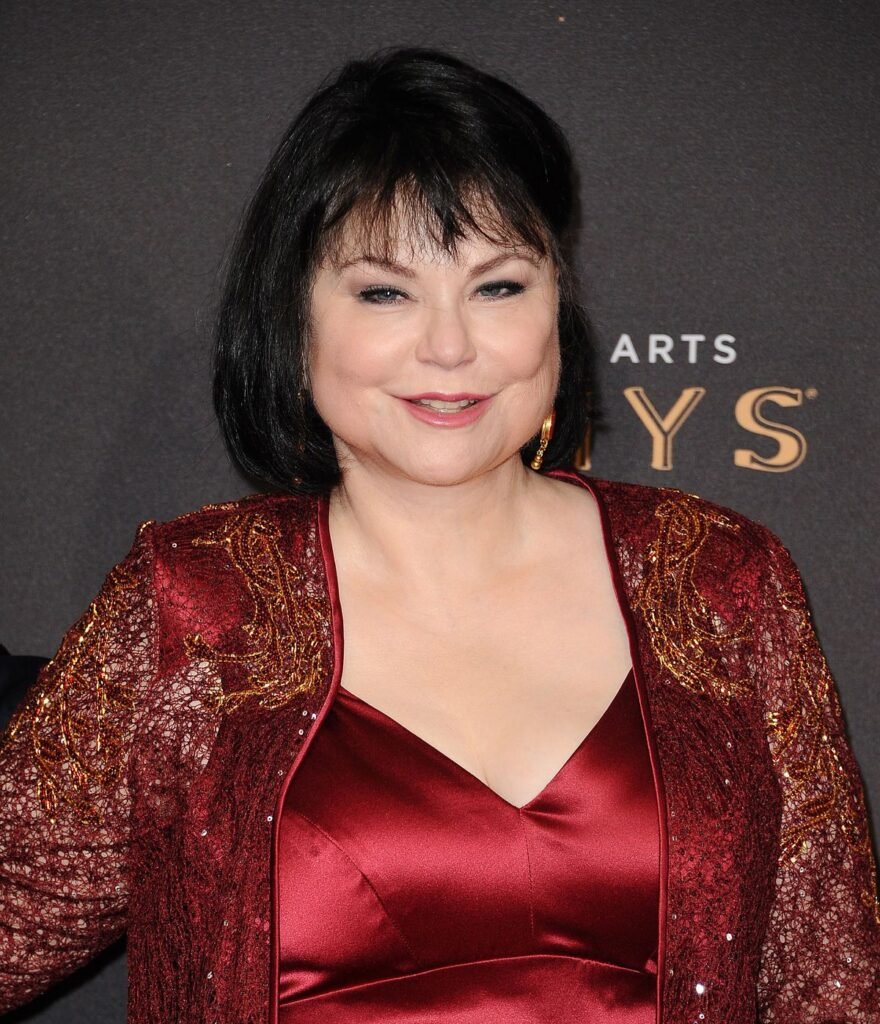
“As a man, I’ve had the love of the finest woman I can possibly imagine,” he said. “At the end of a day’s work, I get to come home to her — that’s the fun.”
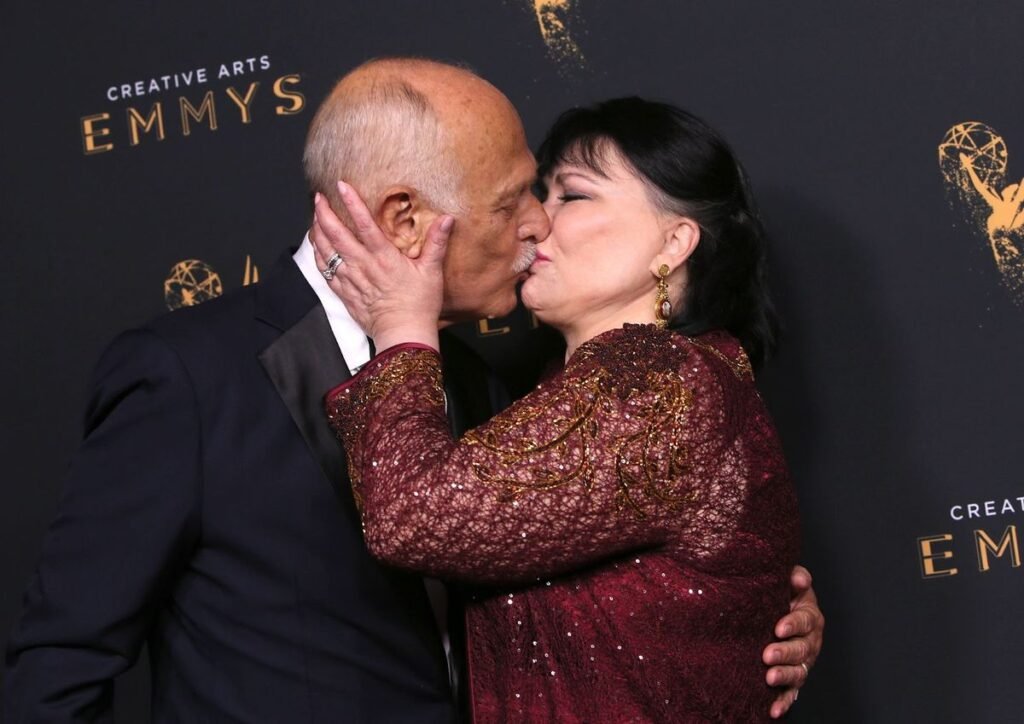
“We did a renewal of our vows once, and one of the things that Delta wrote into the vows was that we embrace each other’s insanity. Not just accept it – embrace it,” the famous actor added.
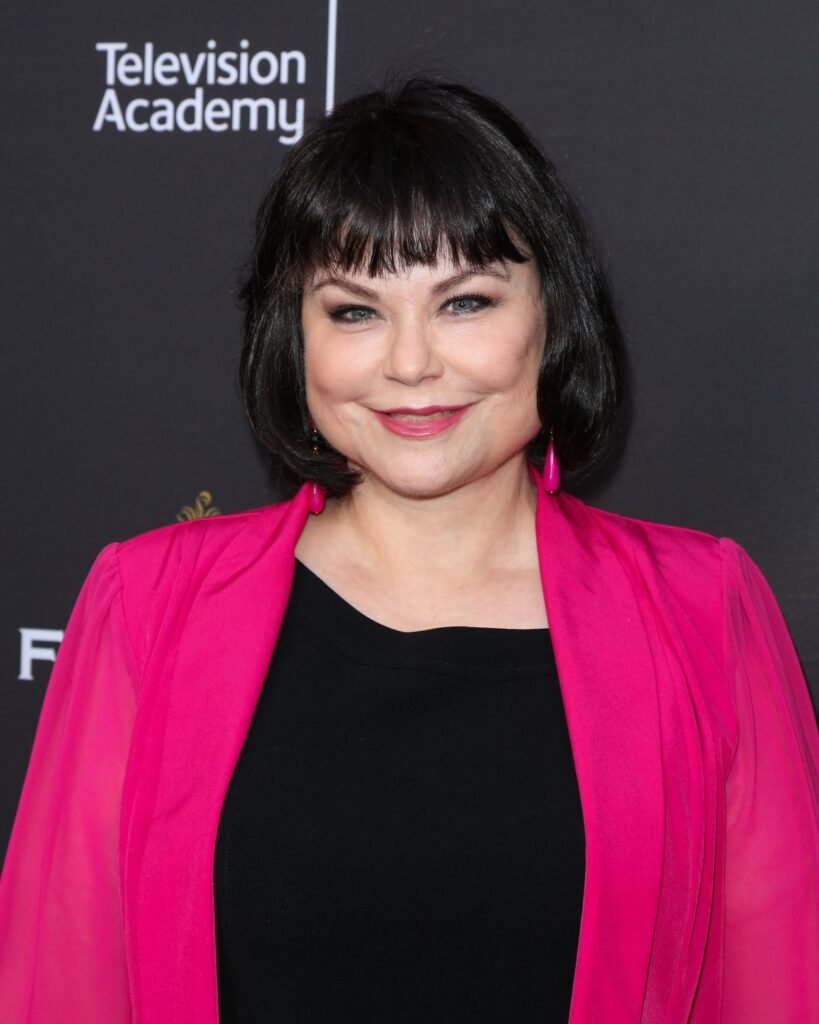
While Burke stepped away from Hollywood, she found joy and fulfillment in her personal life. “I love my life truly for the first time,” she said. “And I love him desperately.”
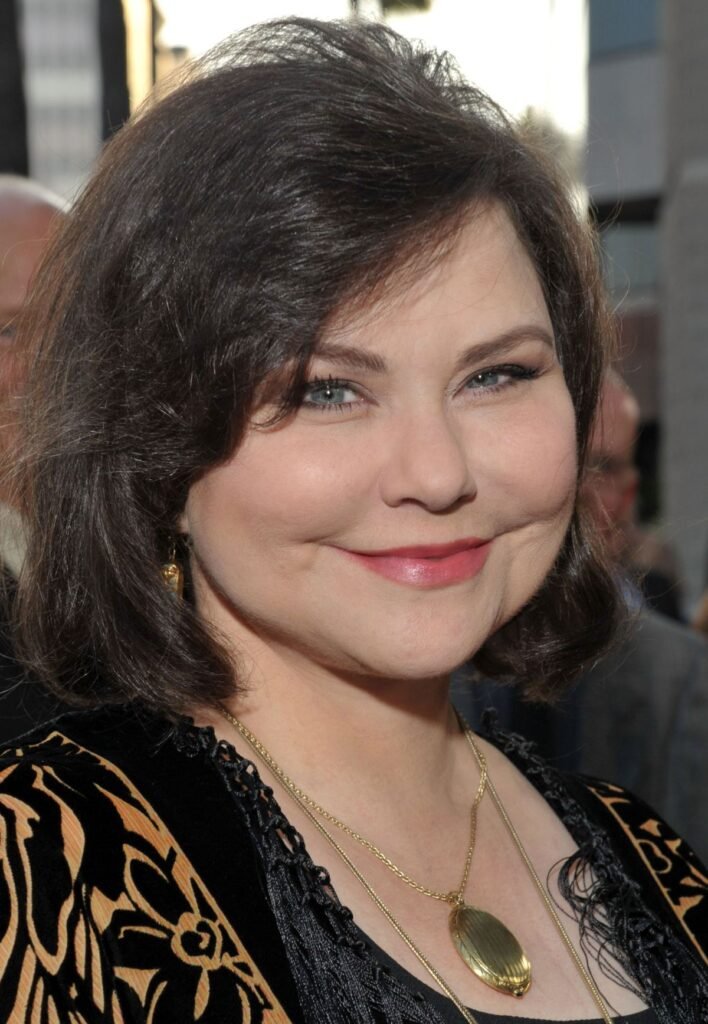
Though she’s no longer in the limelight as frequently as in her younger years, Burke still works in Hollywood, albeit at a more relaxed pace. In 2019, she appeared as Ellie Holder in an episode of the comedy TV series “Dolly Parton’s Heartstrings,” showcasing her enduring talent.
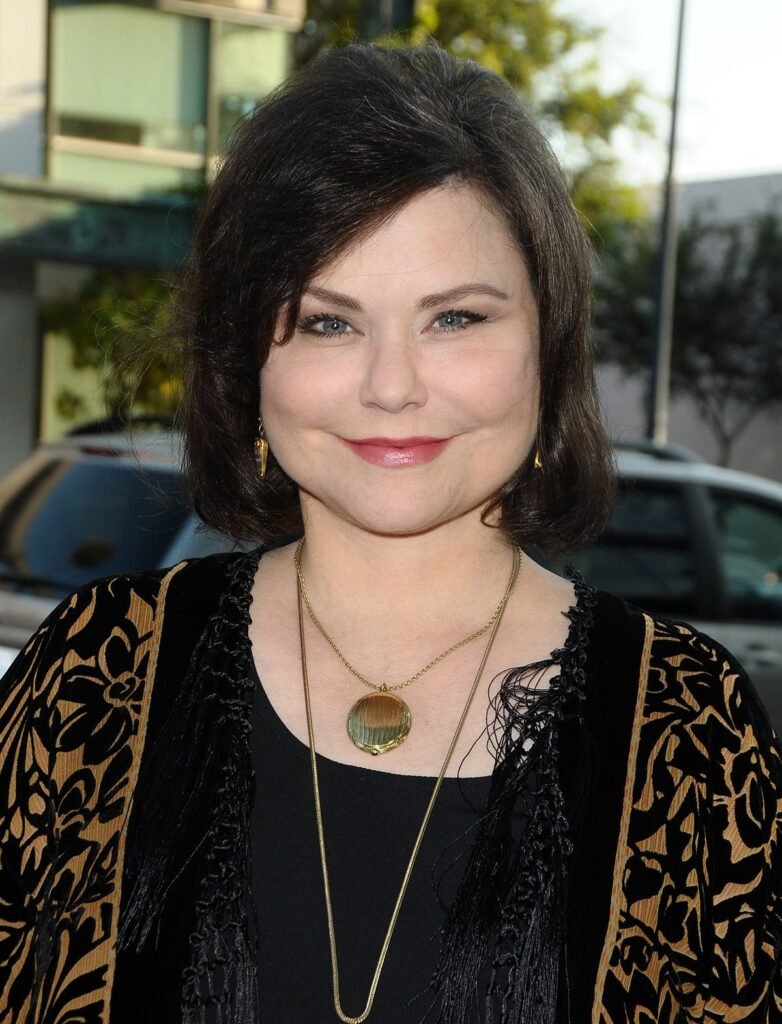
Over the years, she’s built an impressive résumé with roles in popular shows like “Drop Dead Diva,” “Bridal Fever,” “The Wedding Bells,” “Boston Legal,” and “Counter Culture,” among others. Beyond acting, Burke has also ventured behind the scenes, earning producing credits—a testament to her multifaceted career in the entertainment industry.
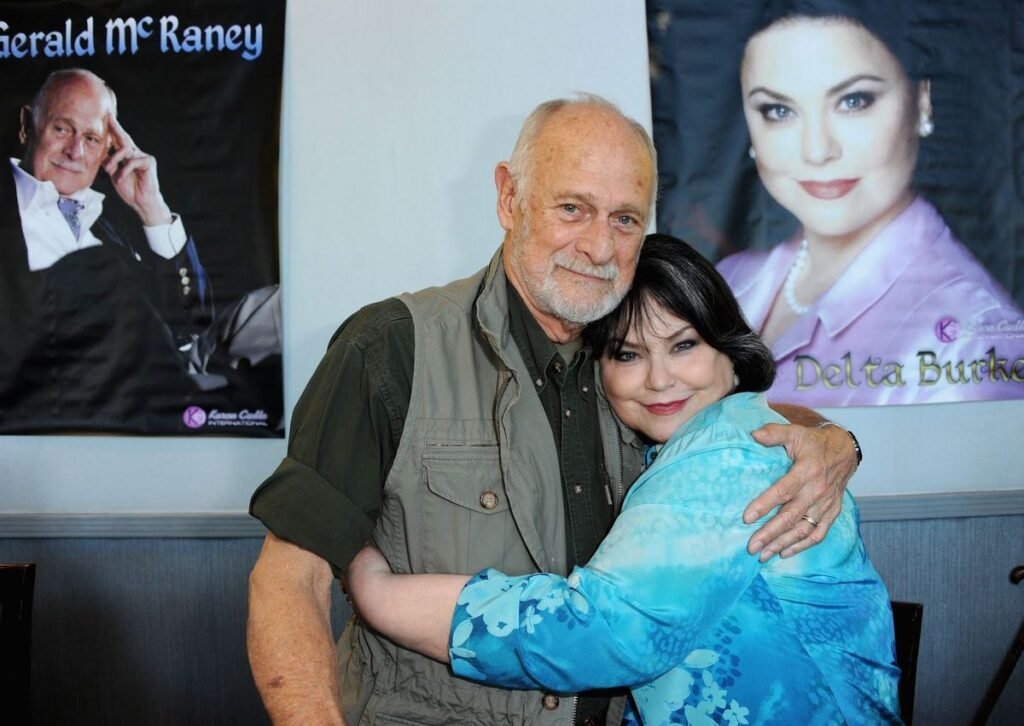
Delta Burke’s journey from fame to personal struggles and back to a place of stability showcases remarkable resilience. Through relentless scrutiny and health challenges, her husband remained her unwavering support.
If you or someone you know is considering suicide, please contact the National Suicide Prevention Lifeline at 1-800-273-TALK (8255), text “help” to the Crisis Text Line at 741-741, or go to suicidepreventionlifeline.org.




